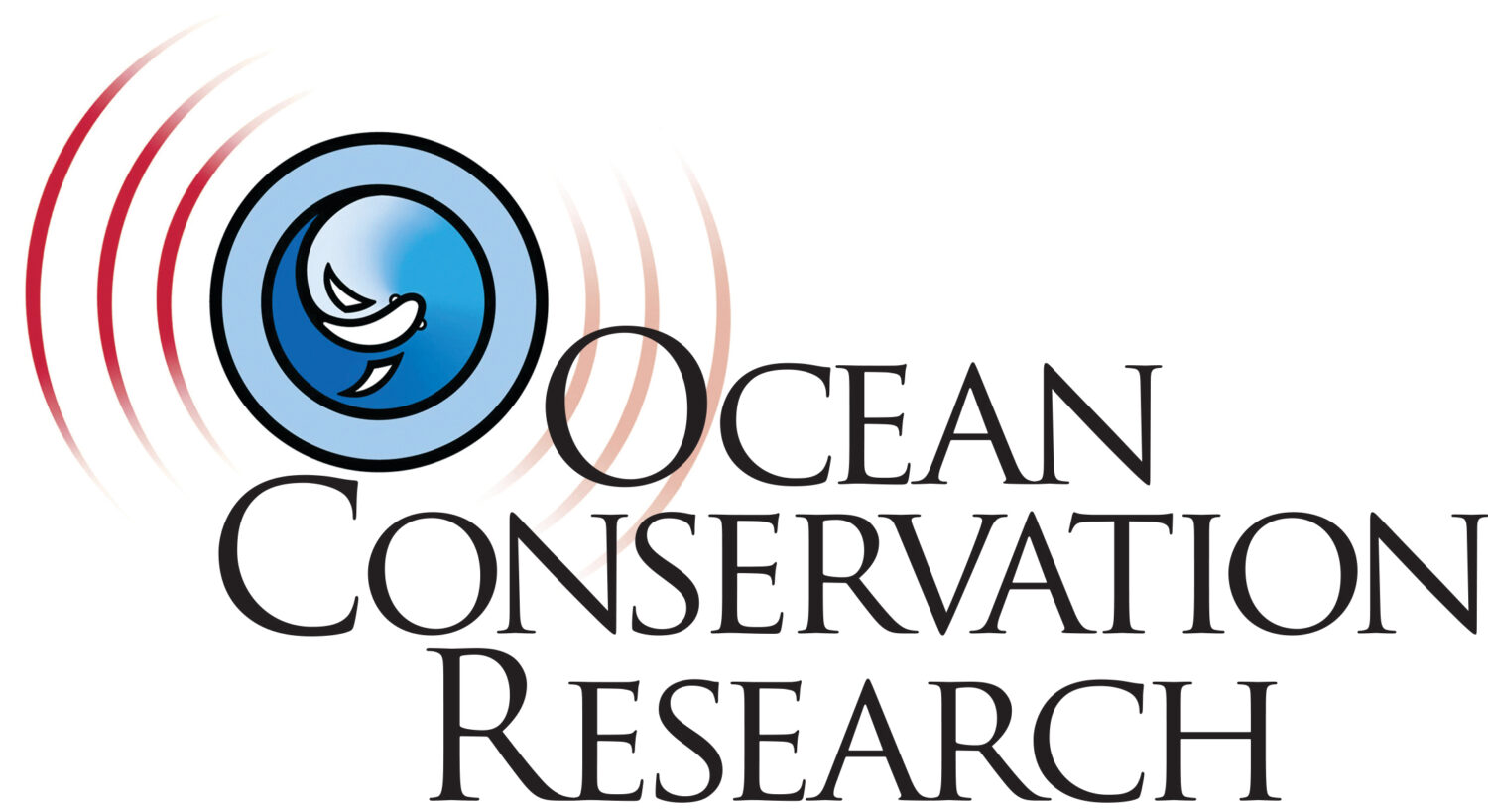
Wave Energy - Courtesy of Ocean Power Ltd.
A recent IBM press release on an ocean noise monitoring project caught the attention of Forbes and other press this week because of a bit of an ironic twist: Our lack of precaution in developing earlier energy technologies – fossil fuel and nuclear, has sensitized us to potential problems in advancing new sustainable technologies like wind and wave energy.
It is never too late to adopt precaution. The concerns are quite real that noise generated by the installation and operation of thousands of wind turbines or wave and tidal harvesting systems across large areas of the ocean will have habitat impacts. Any energy development deployed in these large scales will. It remains to be heard what the impacts are and if there will be easy mitigation strategies should we find the artifacts of these technologies agonistic to marine life.
Video Link: Pelagis Wind Farm
Though what I find doubly ironic is that we know the earlier energy technologies are killing us – by way of intractable and persistent pollution, or by way of climate change; nonetheless we are casting all precaution to the wind by opening up new and reckless sources of fossil fuel in the Arctic, the Marcellus Shale, and the Canadian Tar Sands (for example). Meanwhile we are cautiously moving ahead on technologies made vital by our very lack of precaution in earlier energy technologies.

Tar Sands
I‘m not suggesting that we shouldn’t throw caution to the wind; but while were at it we should throw caution to oil and gas as well.

Research into fuel cell technology is advancing albeit at a very slow pace. In my opinion it is the most promising and cleanest energy solution that we currently have some understanding of, it is so promising in fact that it would not surprise me if large energy conglomerates are doing everything that they can to keep its developement bottled up as much as possible. I think the time has come for environmental groups to raise money and buy the rights/patents to some of these new technologies instead of using there limited resources in litigation of these large companys. If just a couple of patents were bought that eventually paid off the environmentalist groups could use the profits to fight for other causes while creating a domino effect in raising cash.
http://visusunoorca.wordpress.com
The market approach might be applied, but Public Benefit organizations mission is not to market products and use the proceeds to advance their agenda, rather it is to shed light on ways they believe will make the world a better place. Sometimes lawsuits are their only remedy.
Our big problem is that the Oil Men are bent on squeezing maximum economic advantage out of their market regardless of the external consequences. The Koch brothers are funding a “think tank” called “Beacon Enterprises” whose mission is to spread the idea that wind farms are “job killers.” Exxon spent $279 million in 2009 to confuse the public on anthropogenic causes of climate change (last available numbers). I actually met two degreed professionals at an Acoustics Society conference recently who were confused about the issue. Exxon seems to be winning this one – in the short term..
Meanwhile the American Petroleum Institute’s 5 year plan is to make America the #1 producer of oil and gas by 2018, by, in the words of their president Jack Girrard “open up leases on all coasts, maintain the current federal subsidies, and roll back all constraining environmental regulations. Given that the industry has two lobbyists per federal representative (and the ones I know are making at least $200kpa), they do have the political muscle to drive this agenda.
This article may be informative about their strategy: http://thinkprogress.org/green/2011/11/15/369358/why-are-house-republicans-holding-hearing-20-about-how-to-drill-more-despite-the-fact-that-we-are-drilling-like-crazy/
The Public Benefit organizations have enough on their plate without having to compete in such a loaded market.